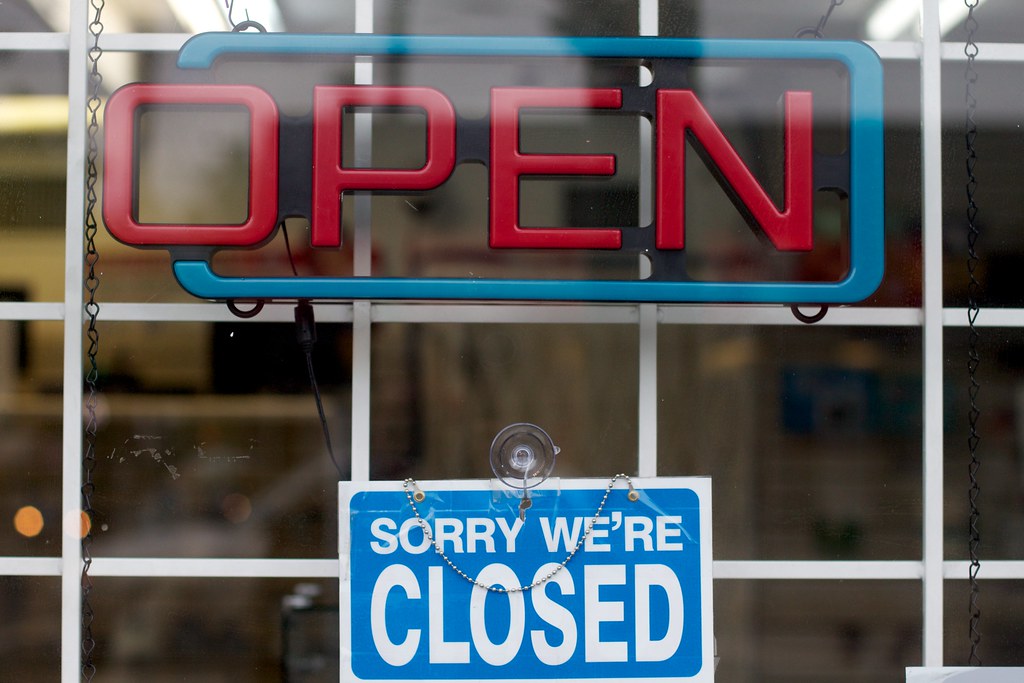Toronto Public Health holding monkeypox vaccination clinics

Posted June 11, 2022 11:01 am.
Last Updated June 11, 2022 1:58 pm.
Starting Sunday, Toronto Public Health (TPH) will be holding a series of community-based monkeypox vaccine clinics.
Vaccines will be offered to those who have had close contact with someone who has tested positive for monkeypox, those with high risk contacts and people who have a higher risk of being exposed to the virus.
Monkeypox belongs to the same virus family as smallpox, and smallpox vaccines have proven effective in combatting the related virus. The National Advisory Committee on Immunization advises offering a single dose of the Imvamune vaccine — which was approved by Health Canada in 2020 — for use against smallpox, monkeypox and other orthopoxviruses in those 18 and over.
TPH says most people recover on their own, without treatment, but vaccination is being offered to prevent being infected.
The clinics over the coming weeks are being held in partnership with the Gay Men’s Sexual Health Alliance and a number of other community partners. Sunday’s clinic will be for employees of bathhouses.
In a news release, Toronto Public Health said anyone, regardless of sexual orientation, can spread monkeypox, “however, during this outbreak, in a number of countries, gay, bisexual and men who have sex with men have been affected.”
“We’re encouraged that vaccination is starting and are confident that gay and bisexual men are ready to take action to protect themselves, their partners, and our community against monkeypox,” said Dane Griffiths, Director of the Gay Men’s Sexual Health Alliance. “By working together, we’ve been able to respond quickly and get resources to the community where they’re needed most.”
There are 11 confirmed cases of monkeypox in Toronto as of Friday.
Symptoms of monkeypox include lesions or a rash, fever, headache, muscle aches, exhaustion and swollen lymph nodes. A rash or lesions usually appears a few days after the onset of symptoms, starting on the face and then spreading to other parts of the body.
Monkeypox spreads through contact with bodily fluids such as fluid from a lesion, through respiratory droplets following prolonged face-to-face contact or through contaminated bedding and clothing. In addition, it may spread via bites or scratches from an infected animal.
Anyone who has any signs or symptoms is being asked to report them to their health care provider. Close contacts of a person with a confirmed case should monitor for symptoms for 21 days after their last exposure and if symptoms develop, they should self-isolate, get tested and seek care.
Common household disinfectants can kill the monkeypox virus. TPH advises that people can lower their risk of getting infected by maintaining physical distancing, practicing respiratory hygiene including wearing masks and washing their hands frequently
The city’s Medical Officer of Health Dr. Eileen de Villa thanked community partners for helping inform people about the virus and how they can prevent catching it.
“Together we can make sure people are aware of symptoms, know how to protect themselves, and how and where to access treatment,” she said.
With a file from The Canadian Press








